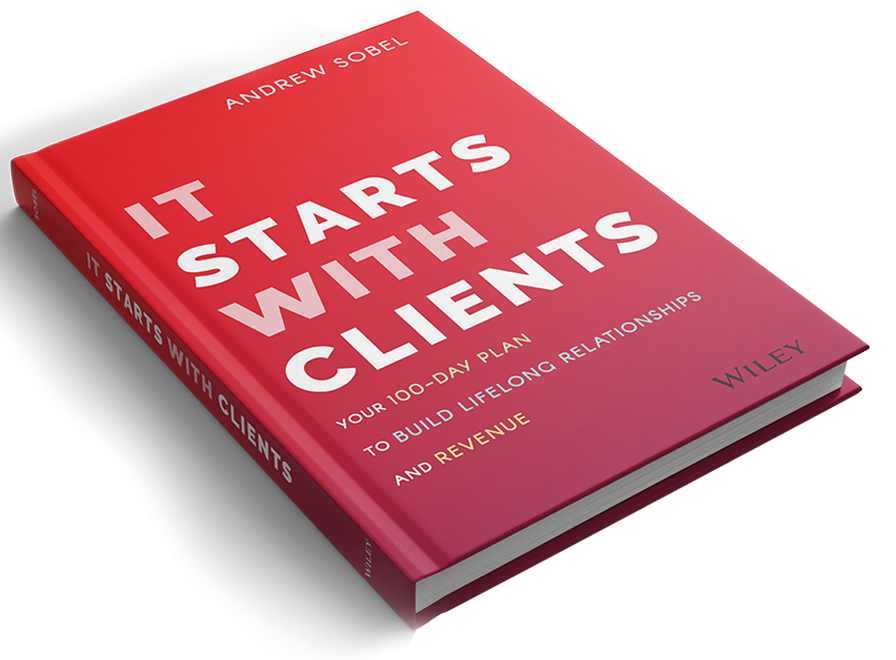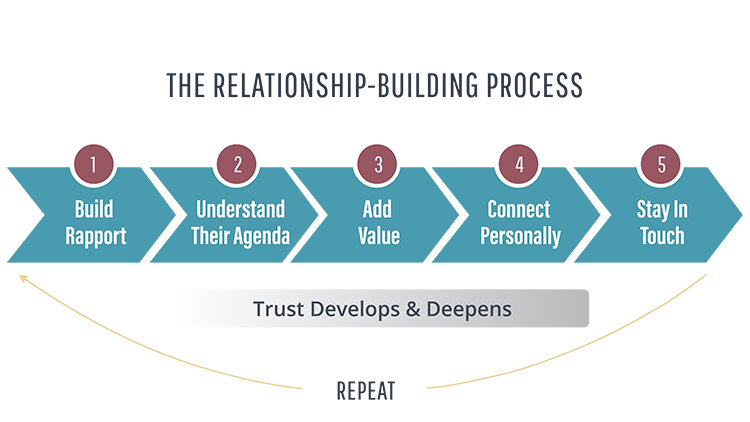
Blog
Clients are seeking guidance from trusted advisors now more than ever. This means active listening, bringing fresh marketplace insights, and sharing deep expertise on industry and function trends. Our members—the top executive search and leadership consultants in the world—are well-positioned to add exceptional value as we look to recover in a world that has changed.
AESC Members see a trusted advisor status as the bridge to having deep conversations with their clients that get to the fundamental core of their businesses. Being in a trusted advisor position means providing open and honest feedback and insights.
"My slogan or philosophy during this period is that sales or business development may slow or even stop, but relationship building should not." – Andrew Sobel.
WHAT OUR RESEARCH SAYS
In our latest members-only report, State of the Profession 2020, clients have identified critical areas where they need outside advisors: attracting top talent; leadership team effectiveness; accelerating digital transformation; organization culture, talent, and strategy alignment; preparing the next generation of leaders; and strategic workforce planning.
At the same time, AESC Members ranked ‘advisor relationships’ as the #1 opportunity for the profession this year. Many executive search and leadership consulting professionals are using this time to build even stronger relationships with their clients, forging a dynamic that positions them as critical advisors to clients through good times and bad while building new relationships with prospective clients.

“You need to evolve from being an expert for hire, somebody dealing with transactions and short-term projects, to building a client for life—a long-term, trusted relationship which goes beyond your core subject matter expertise into being a partner in helping deliver the client’s personal and institutional agenda.”
We spoke with Andrew Sobel in our recent AESC members-only webinar, 7 Steps to Growing Lifelong Client Relationships. He provided key insights on what you can do right now to strengthen client relationships. Below are a few excerpts.
 Shift your mindset.
Shift your mindset.
"This is what I call the expert mindset shifting to the advisor mindset. When you have that expert mindset, it's about you, your solutions, your [search] methodologies, and your particular approach. When you have the advisor mindset, it's really about the client and their needs. And you define yourself more broadly.
Those in the advisor mindset thought of themselves as being in the business of helping their clients acquire, develop, retain the leadership they needed to fulfill their most important strategic goals. They were advising on lots of other aspects and not just filling positions.
I've interviewed thousands of C-suite executives and they always say to me, 'My trusted advisor is there for me through thick and thin. In good times when I'm paying tons of fees, but also in tough times… But they're always my trusted advisor.'"
 Position yourself at the crossroads of the marketplace.
Position yourself at the crossroads of the marketplace.
"When I talk about agenda setting, it's really understanding what is your client dealing with right now? What are their three to five priorities for the next couple of months?
You're the person they go to because you're out there talking to everyone. You know what their competitors are doing. You know how other companies are dealing with these issues.
I would encourage your members to be constantly engaging in short reach-outs to their network. Here's what I'm seeing with my other clients. How does this compare to what you are seeing? What are you grappling with? You're constantly gathering intelligence. Even if clients aren't hiring, they're always going to want to talk to you."
 Grow your brand recognition.
Grow your brand recognition.
"How do you differentiate yourself in the marketplace? You differentiate yourself by knowing more about your client's business, your client's issues, your client's strategy, your client's talent pool, than any of your competitors. Think about that. I want to go to those go-to advisors who know me, who know my business. I don't have to explain everything to them. They know. And that by itself is a powerful differentiation.
Secondly, look, I know [executive search and leadership consultants] have a lot of different approaches. Some are generalists, some are specialists. But I think you really do need to look at what is your differentiation is around industry, function, function within industry, process, geography. Your differentiation could be around having a slightly different strategy process or leadership development process. It could actually have to do with the way you run the relationship with the client.
I [would] do a little bit of a self-assessment and say, 'What's my current differentiation today? Do I really know my important clients better than anyone else? And what is that differentiation? What could it be in the future?'
We need to establish our credibility, understand their issues, go deep, add value, try to get that next step. In other words, the basic steps of the business development process haven't actually changed even though we're in a more virtual environment."
 Create eager buyers and personal promoters.
Create eager buyers and personal promoters.
"You want to create an eager buyer. An eager buyer is somebody who sees that you've understood their issues. You've built some initial trust. You've shown them that you have a solution or you have an approach that's going to help them with an important issue.
Do it indirectly. Don't do it through PowerPoint or saying, 'We have better people. We have a better search process than anybody else in the industry.' That's just not believable because it's you saying it. Rather, use client examples. The best way of describing how we work is to talk about a recent engagement with such and such client. Here was their challenge. They had tried using other firms in the past, but it didn't quite work out. Here's what we did with them.
Clients don't really root for you until they feel a personal connection. We have to build personal promoters, not just satisfied clients. And a personal promoter is someone who feels that their own career, that their own professional success has been accentuated, has been helped through their relationship with you. You've not just found them the right leadership talent, or you haven't just helped develop some of their leaders, but you've given them great career advice. You have helped expand their network. You have helped them with their own professional and personal agenda."
 Take the next step for your career.
Take the next step for your career.
Fostering client relationships should be a career-long focus and it is essential that advisors continually assess where they may be at with each of their clients. The AESC Client Advisor Masterclass Series by Andrew Sobel is a guide to sustaining and growing trusted client relationships and building a powerful network for life. Through 92 multimedia video lessons and over 100 additional course resources, this program ensures participants can learn and apply the strategies and skills required to build lifetime client loyalty.
 Shift your mindset.
Shift your mindset. Position yourself at the crossroads of the marketplace.
Position yourself at the crossroads of the marketplace.
 Grow your brand recognition.
Grow your brand recognition. Create eager buyers and personal promoters.
Create eager buyers and personal promoters. Take the next step for your career.
Take the next step for your career.